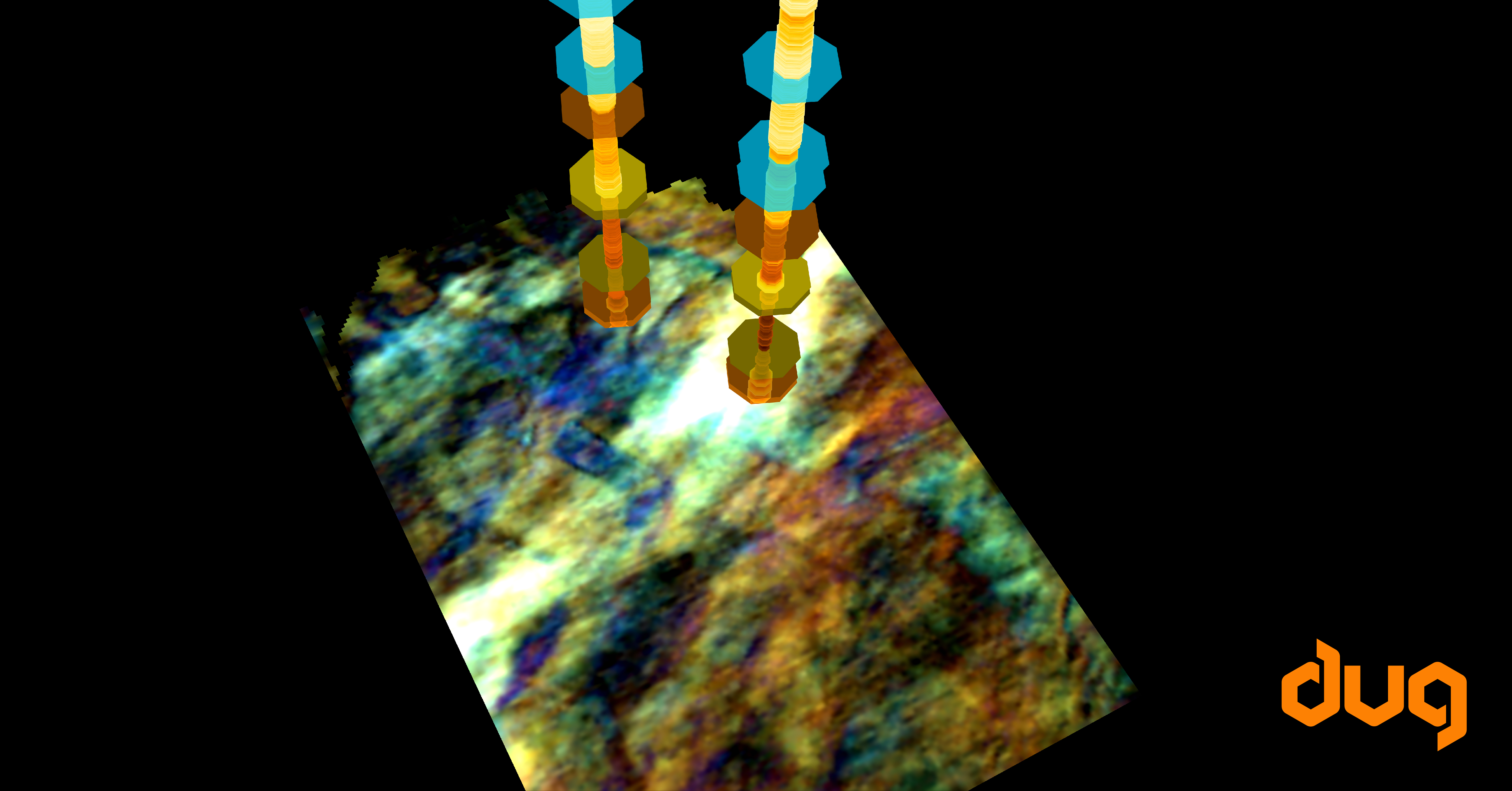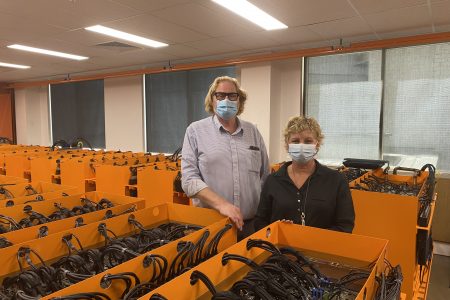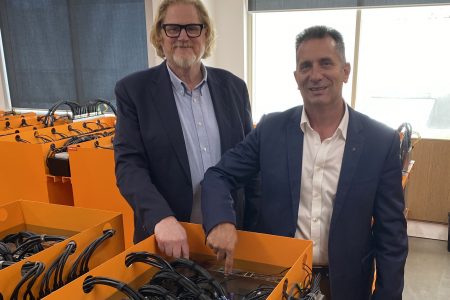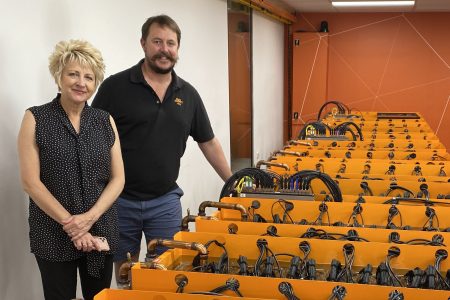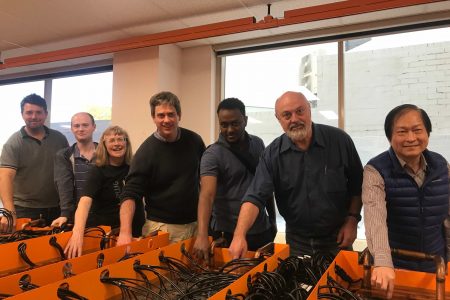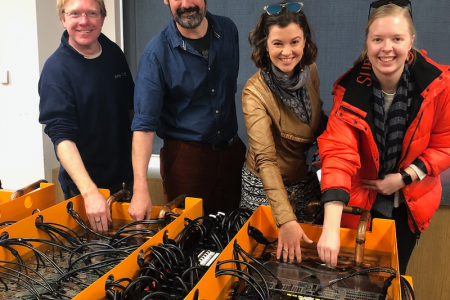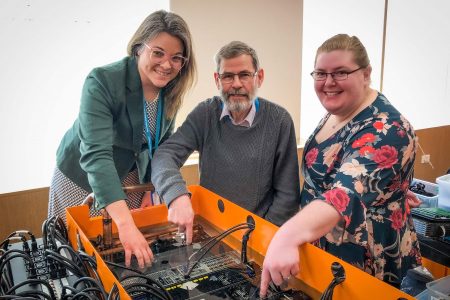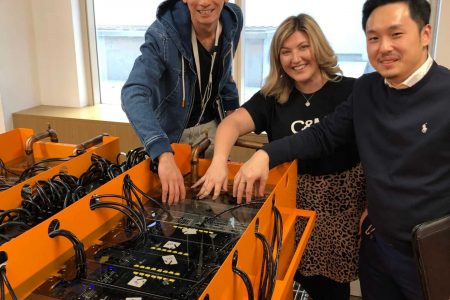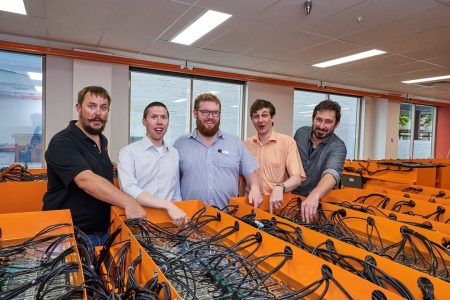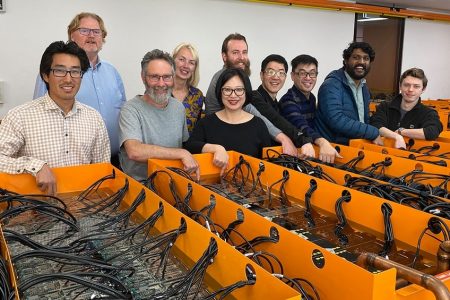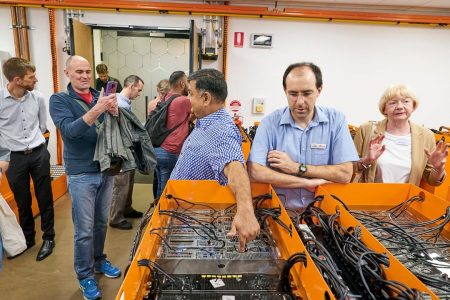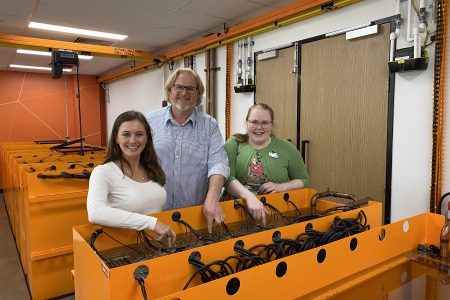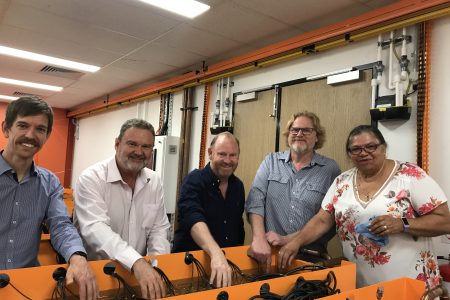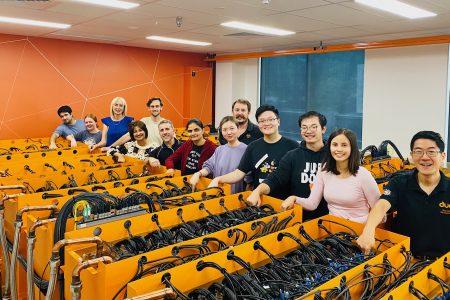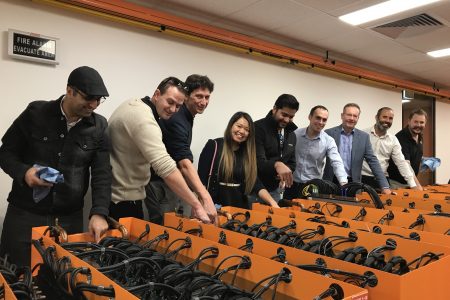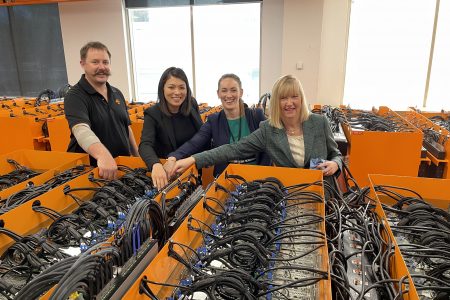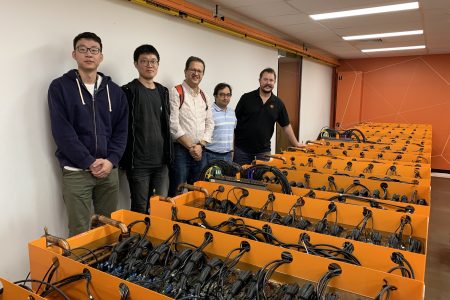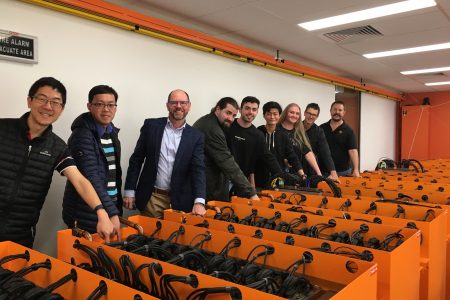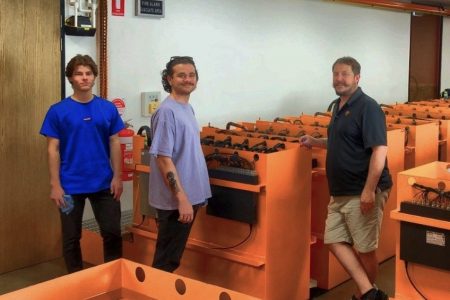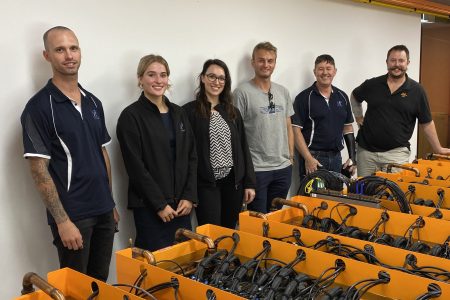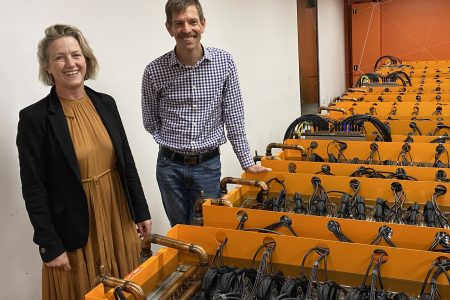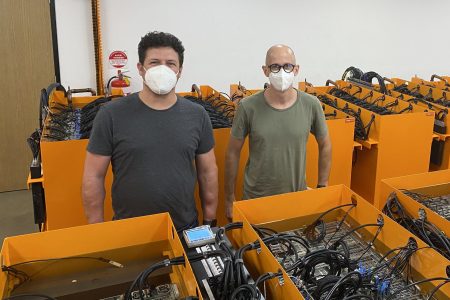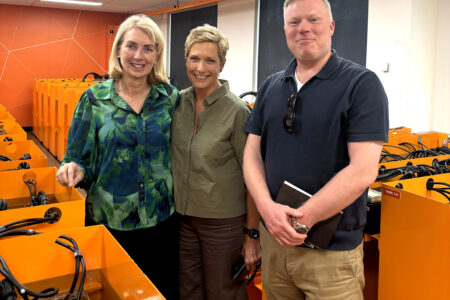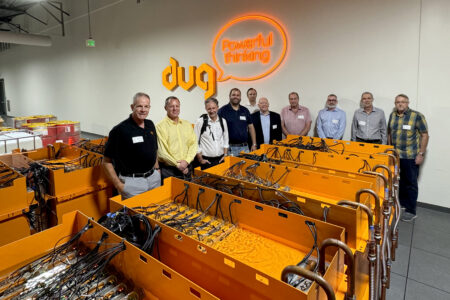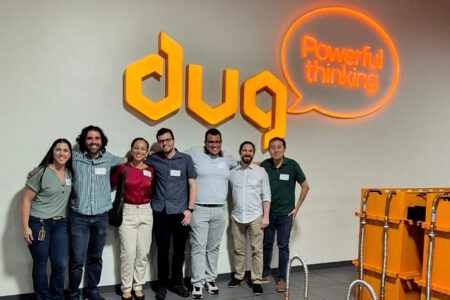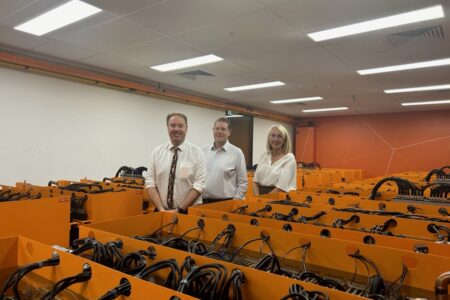Team DUG sincerely thanks The University of Sydney for their awesome shout out during the Australian BioCommons webinar – Where to go when your bioinformatics outgrows your compute.
We are always pleased when our users experience the difference we can make in their research or applications.
“We’ve engaged with them previously and we valued their support when we were being onboarded onto their system. Essentially, we gave them a list of our software and test data, in which they installed it, optimised it and tested it and called us back in so that we could just hit the ground running and do our research,” said Dr Rosemarie Sadsad, the Informatics Lead at The University of Sydney Informatics Hub.
Expertise in handling bioinformatics data.
Bioinformatics is a highly interdisciplinary field that is rapidly evolving. Researchers in the field are non-traditional users in high-performance computing (HPC), where they are required to continuously test and explore new algorithms and methodologies with unconventional data utilisation techniques.
At DUG, our HPC experts have been working extensively with bioinformaticians in Australia to build, install and fine-tune software packages and workflow systems related to bioinformatics. Packages are seamlessly integrated into our DUG McCloud HPC environment, powered by innovative VAST Universal Storage and Intel Hardware. Coupled with on-demand support from our highly skilled HPC experts, bioinformaticians can focus on their science, without sweating the HPC challenges that used to plague them.
Such a combination of expertise in HPC hardware and software delivered a step-change in bioinformatics research at The University of Sydney. Dr Sadsad noted that DUG’s HPC architecture is particularly suitable for some of the bioinformatics workflows carried out at the university. An example given was the de novo transcriptome assembly of a marsupial sample, in which DUG experts took 22 hours to complete the 20 GB workflow, enabling a 71 % and 60 % reduction in compute time compared to regional and institutional HPC resources, respectively.
Other successful use cases include providing the Harry Perkins Institute of Medical Research – a world-leading, Western Australian-based medical research centre – with a flexible compute and storage system to meet their demanding needs. DUG equipped Perkins researchers with tailored HPC expertise and code-optimisation support, ensuring their workflows could leverage our state-of-the-art processors and storage systems. As a result, Perkins researchers were able to gain quick and easy access to their huge datasets without computational restriction, allowing them to conduct science at record speeds that they previously could have only dreamed of.
To learn more about the open-source software packages and tools used by DUG HPC specialists for bioinformatics projects, check out this article!
Team DUG will be at The Biodiversity Conference 2021 held on September 16-17 at UWA, so do drop by if you’d like to have a chat with us!





